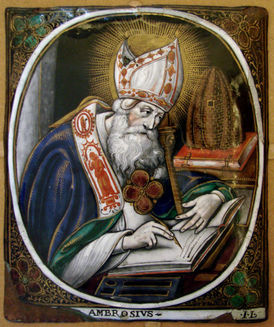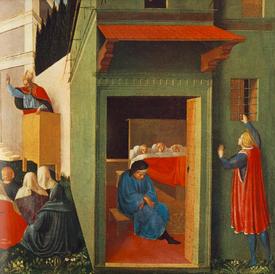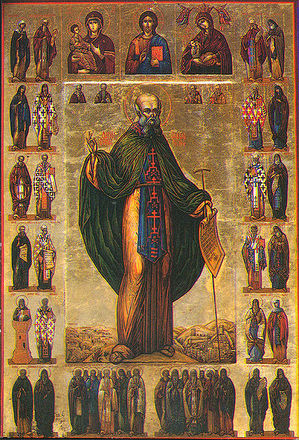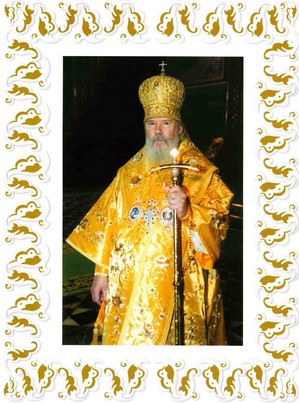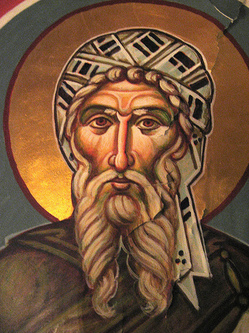Pope Benedict XVI spoke to members of the Pontifical seminary communities of Las Marcas, Puglia and Abruzzo-Molise, while attending the centenary celebrations of their foundation on Saturday, 29 November 2008. While this is an address to bishops, priests and seminarians, it is worthy of us to reflect on and to seriously follow what is said by the Pope. The relevant excerpts follow with my emphasis given in the text:
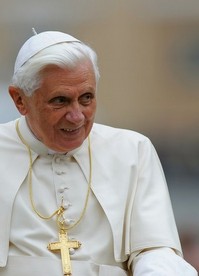 I would now like to address you in particular, dear seminarians, who are preparing to be laborers in the Lord’s vineyard. As the recent assembly of the Synod of Bishops also recalled, among the priority tasks of the priest is that of spreading with full hands the Word of God in the world, which, like the seed in the Gospel parable, seems too small a reality, but once it has germinated, it becomes a great bush and bears abundant fruit (cf. Matthew 13:31-32). The Word of God that you will be called upon to spread with full hands and which brings with it eternal life, is Christ himself, the only one who can change the human heart and renew the world. However, we might ask ourselves: Does modern man still feel a need for Christ and his message of salvation?
I would now like to address you in particular, dear seminarians, who are preparing to be laborers in the Lord’s vineyard. As the recent assembly of the Synod of Bishops also recalled, among the priority tasks of the priest is that of spreading with full hands the Word of God in the world, which, like the seed in the Gospel parable, seems too small a reality, but once it has germinated, it becomes a great bush and bears abundant fruit (cf. Matthew 13:31-32). The Word of God that you will be called upon to spread with full hands and which brings with it eternal life, is Christ himself, the only one who can change the human heart and renew the world. However, we might ask ourselves: Does modern man still feel a need for Christ and his message of salvation?
In the present social context, a certain culture seems to show us the face of a self-sufficient humanity, anxious to carry out its projects on its own, which chooses to be the sole architect of its destiny and which, consequently, believes that the presence of God does not count and so excludes it from its choices and decisions.
In a climate marked by a rationalism shut-in on itself, which considers the practical sciences as the only model of knowledge while the rest is subjective, non-essential and determinant for life. For these and other reasons, today, without a doubt, it is increasingly more difficult to believe, more difficult to accept the truth that is Christ, more difficult to spend one’s life for the cause of the Gospel. However, as we see every day in the news, modern man often seems to be disoriented and worried about his future, seeking certainties and sure points of reference. As in all ages, man of the third millennium needs God and seeks him perhaps without realizing it. The duty of Christians, especially of priests, is to respond to this profound yearning of the human heart and to offer all, with the means and ways that best respond to the demands of the times, the immutable and always living Word of eternal life that is Christ, Hope of the world.
In face of this important mission, which you will be called to carry out in the Church, the years spent in the seminary take on great value, a time allocated to formation and discernment; years in which, in the first place, must be the constant search for a personal relationship with Jesus, a profound experience of his love, which is acquired above all through prayer and contact with the Sacred Scriptures, interpreted and meditated in the faith of the ecclesial community.
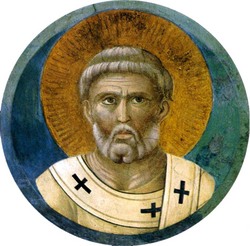 In this Pauline Year, why not propose the Apostle Paul to yourselves as model in which to be inspired for your preparation to the apostolic ministry? The extraordinary experience on the road to Damascus transformed him, from persecutor of Christians to witness of the resurrection of the Lord, willing to give his life for the Gospel. He was a faithful observer of all the prescriptions of the Torah and of the Hebrew traditions; however, after having found Jesus “whatever gain I had — he writes in the Letter to the Philippians — I counted as loss for the sake of Christ” (cf. 3:7-9). Conversion did not eliminate all that was good and true in his life, but enabled him to interpret in a new way the wisdom and truth of the Law and the prophets and thus be able to dialogue with all, following the example of the Divine Teacher.
In this Pauline Year, why not propose the Apostle Paul to yourselves as model in which to be inspired for your preparation to the apostolic ministry? The extraordinary experience on the road to Damascus transformed him, from persecutor of Christians to witness of the resurrection of the Lord, willing to give his life for the Gospel. He was a faithful observer of all the prescriptions of the Torah and of the Hebrew traditions; however, after having found Jesus “whatever gain I had — he writes in the Letter to the Philippians — I counted as loss for the sake of Christ” (cf. 3:7-9). Conversion did not eliminate all that was good and true in his life, but enabled him to interpret in a new way the wisdom and truth of the Law and the prophets and thus be able to dialogue with all, following the example of the Divine Teacher.
In imitation of St. Paul, dear seminarians, do not tire of encountering Christ in listening to, reading and studying sacred Scripture, in prayer and personal meditation, in the liturgy and in every daily activity. In this connection, dear ones responsible for formation, your role is very important, as you are called to be witnesses for your students even before being teachers of evangelical life. Because of their typical characteristics, the Regional Seminaries can be privileged places to form seminarians in diocesan spirituality, inscribing this formation in the largest ecclesial and regional context with wisdom and balance. Your institutions should also be vocational “houses” of welcome to give greater impetus to vocational pastoral care, taking care especially of the world of youth and educating young people in the great evangelical and missionary ideals.
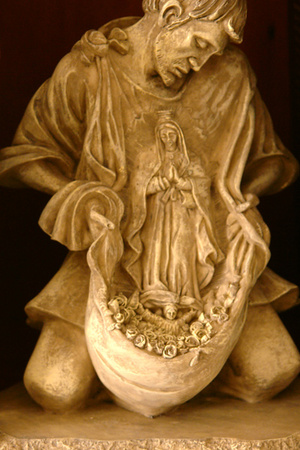 Lord God, through Saint Juan Diego you made known the love of Our Lady of Guadalupe toward your people. Grant by his intercession that we who follow the counsel of Mary, our Mother, may strive continually to do your will.
Lord God, through Saint Juan Diego you made known the love of Our Lady of Guadalupe toward your people. Grant by his intercession that we who follow the counsel of Mary, our Mother, may strive continually to do your will.

